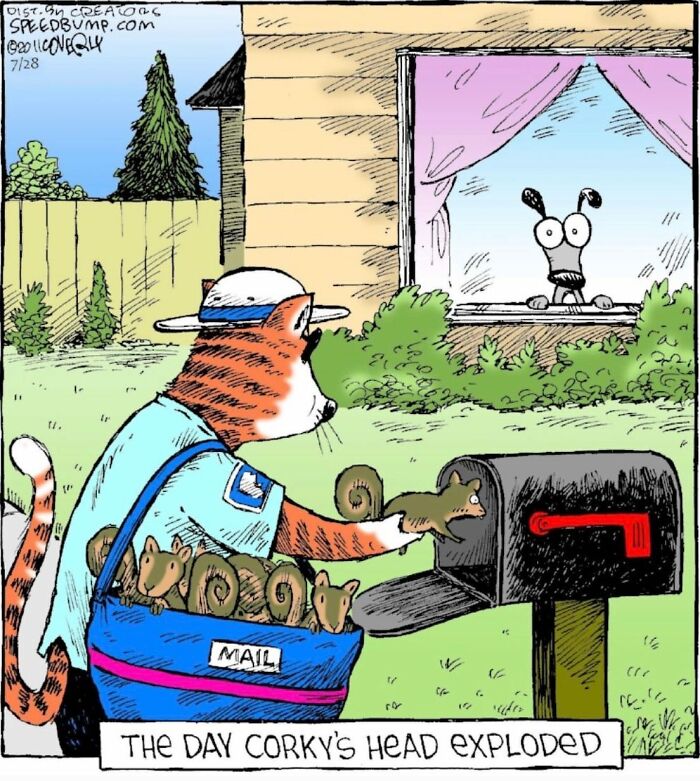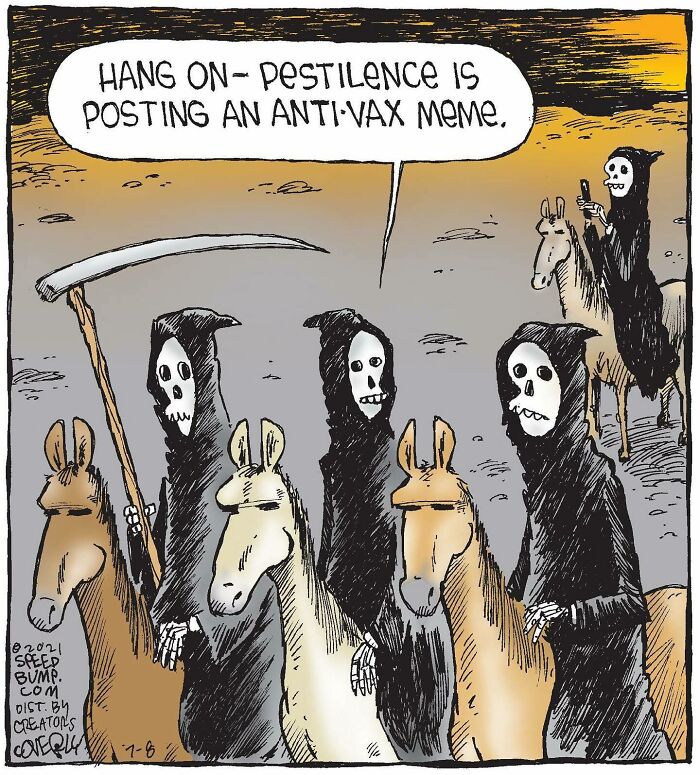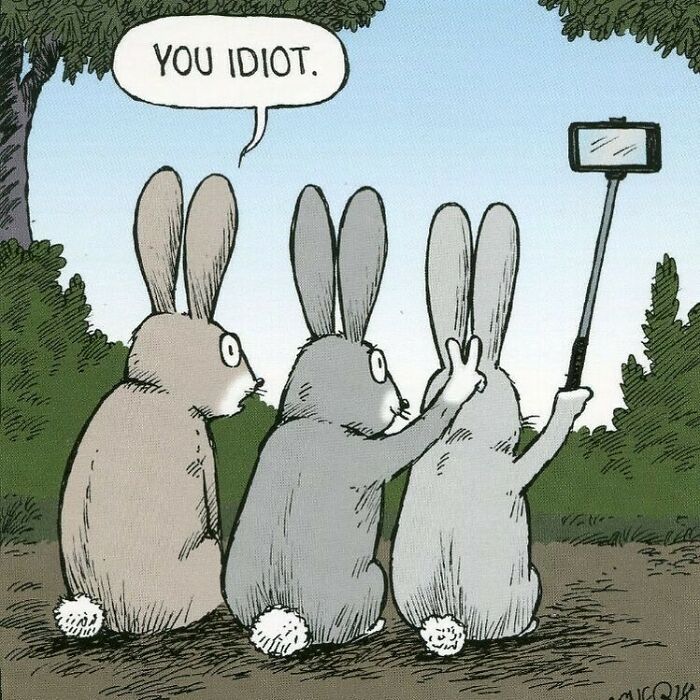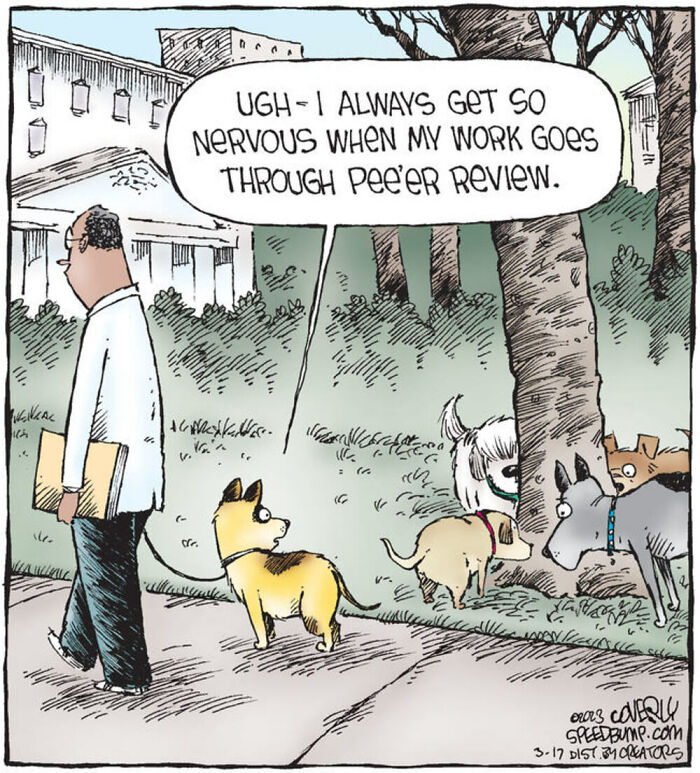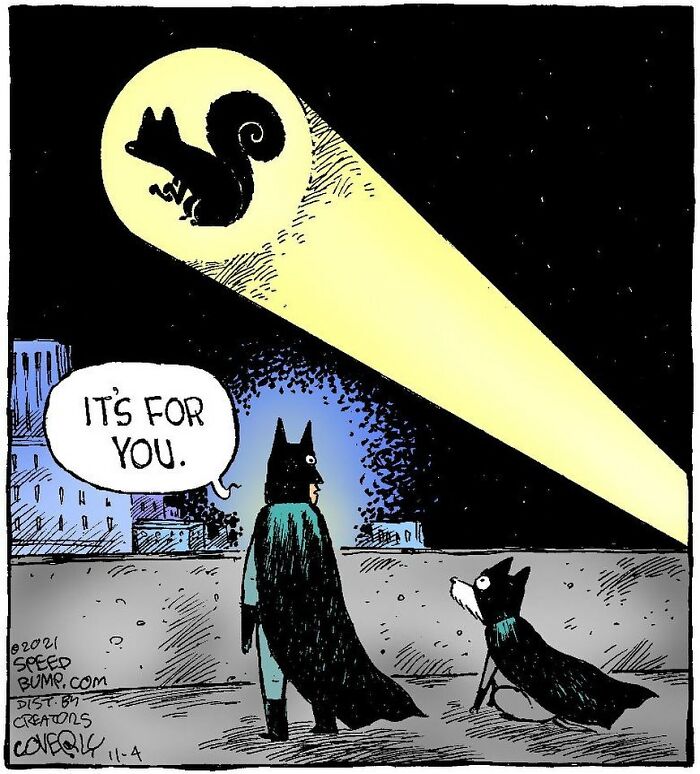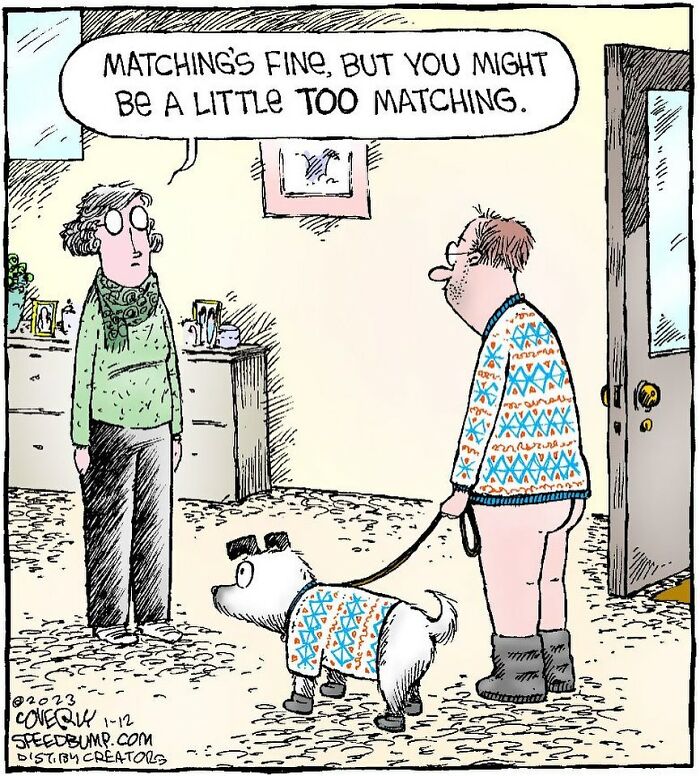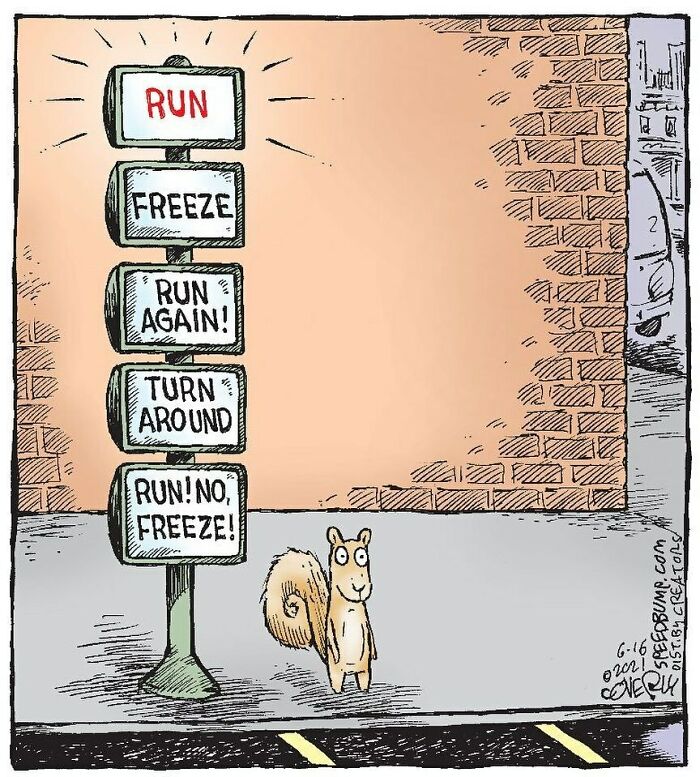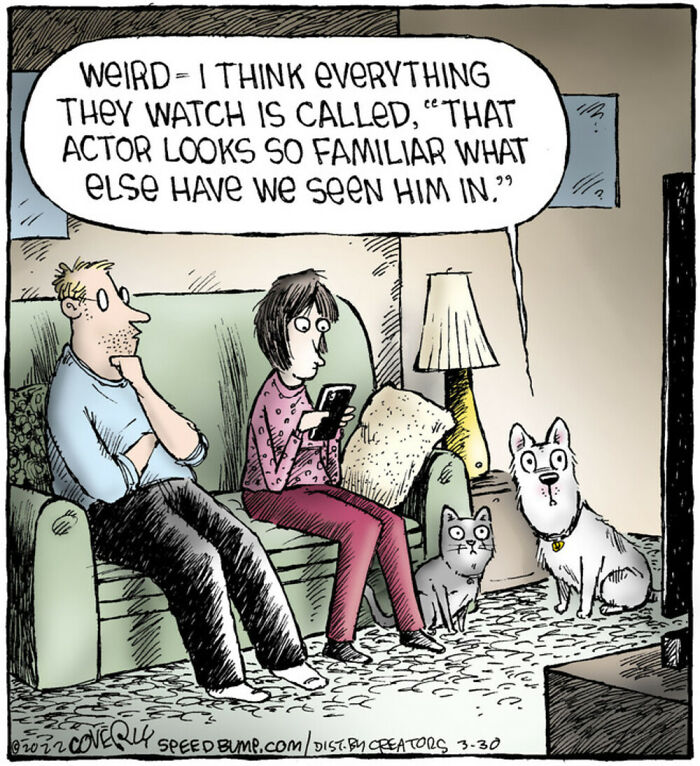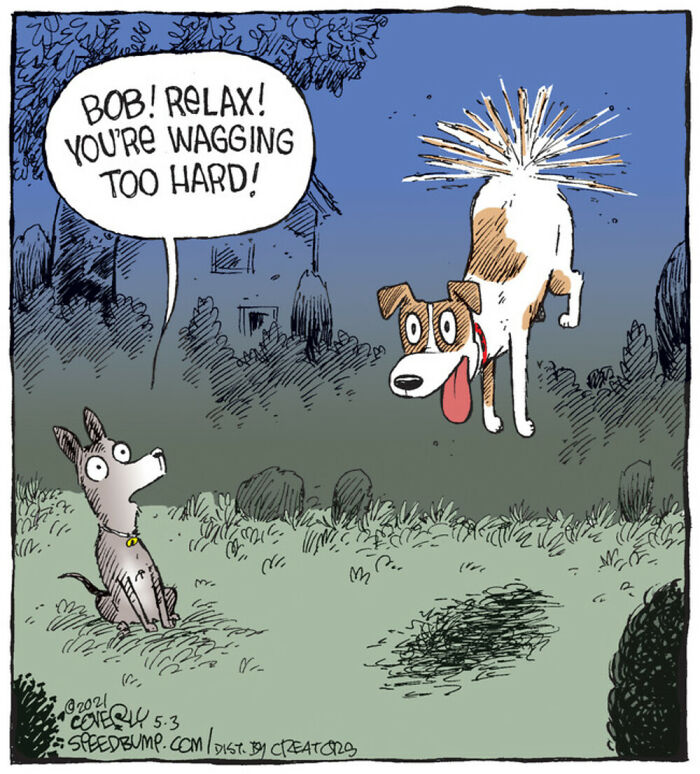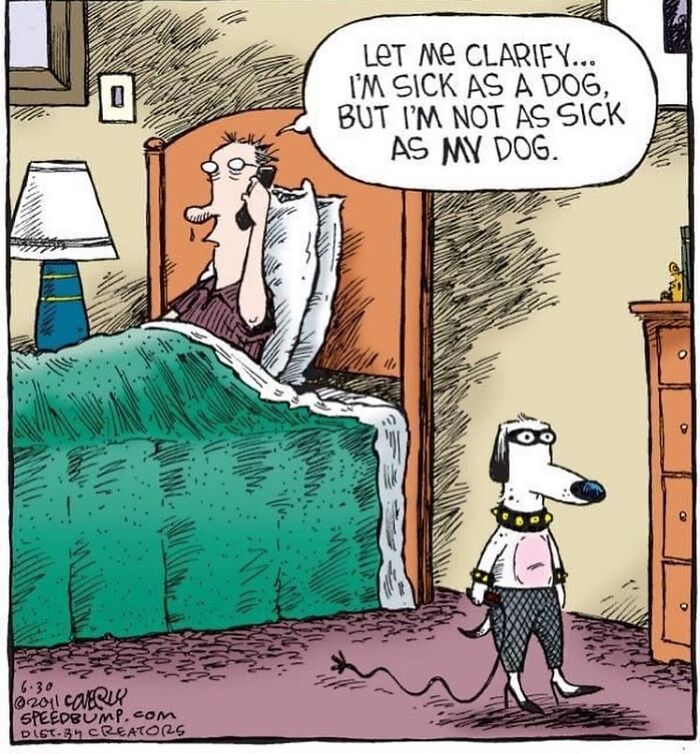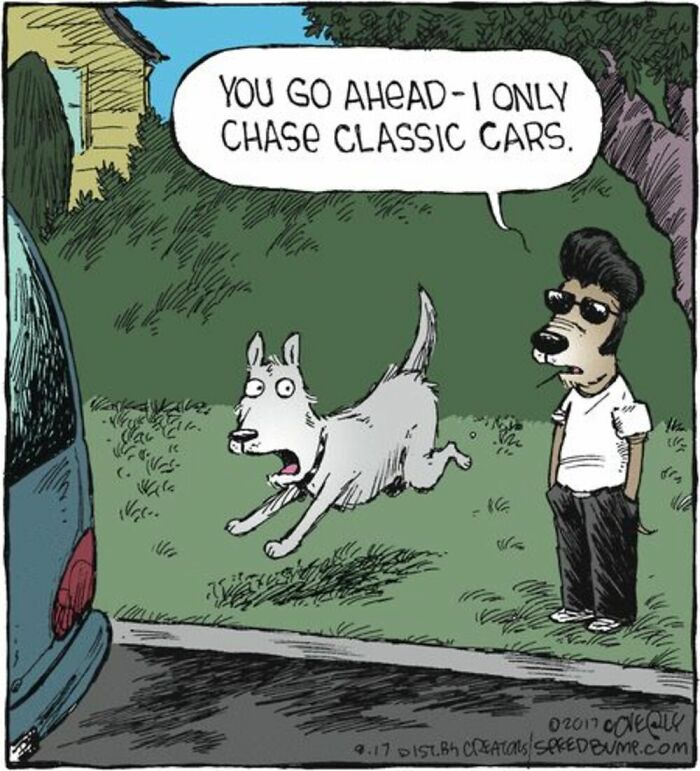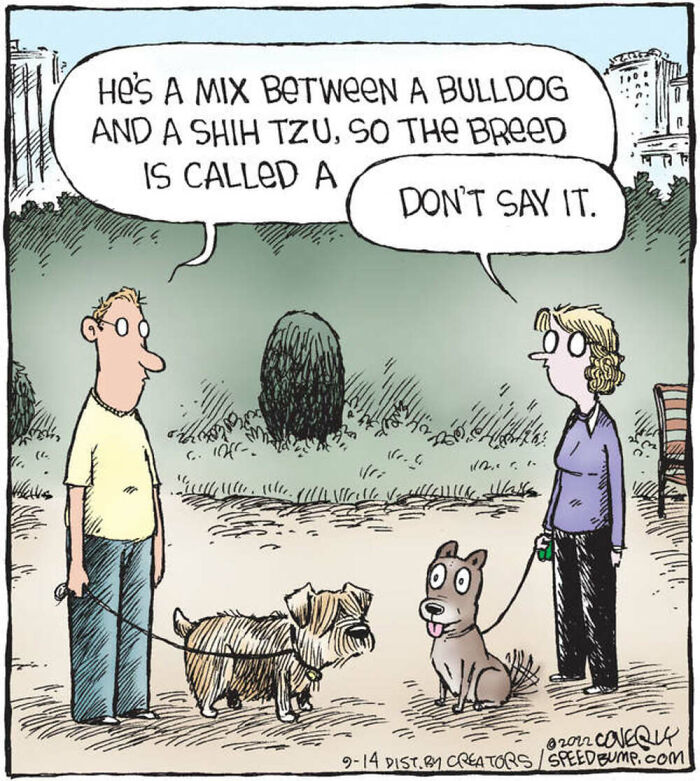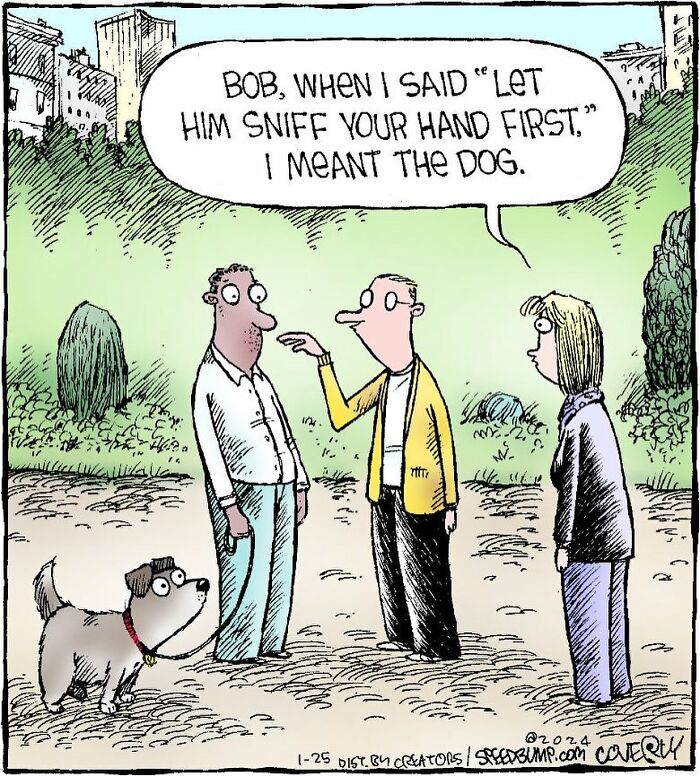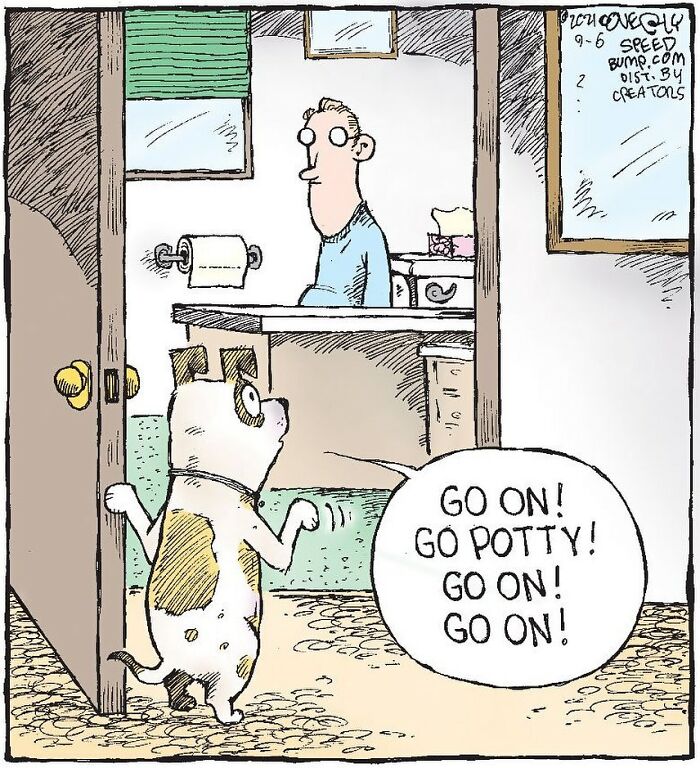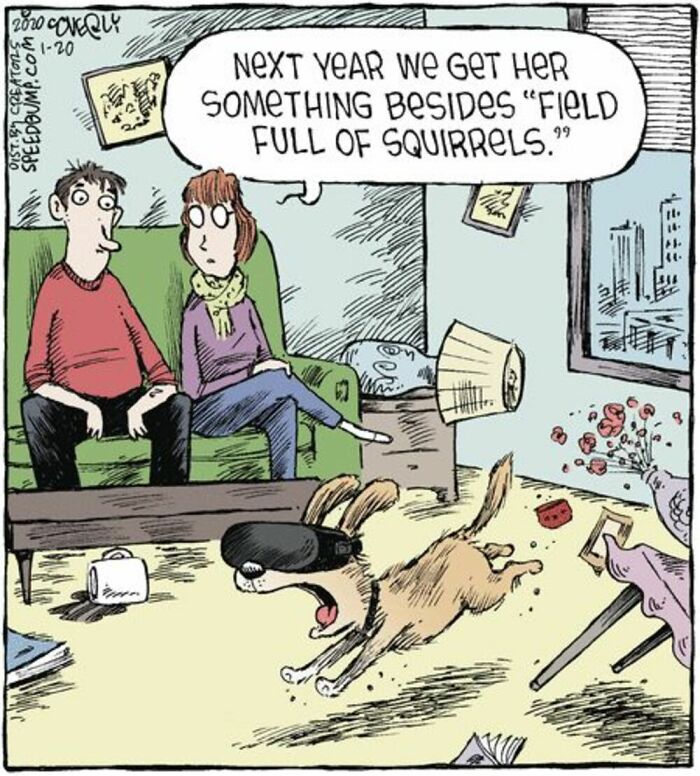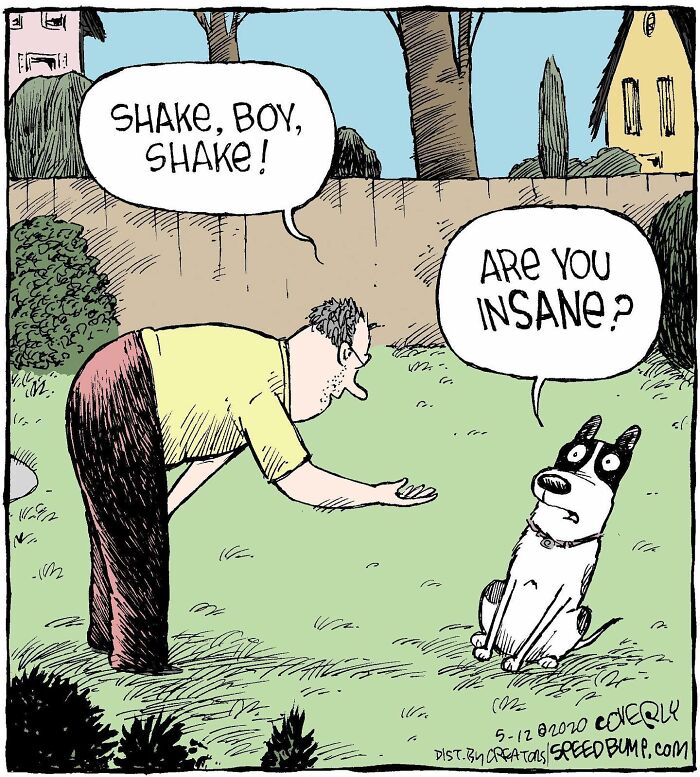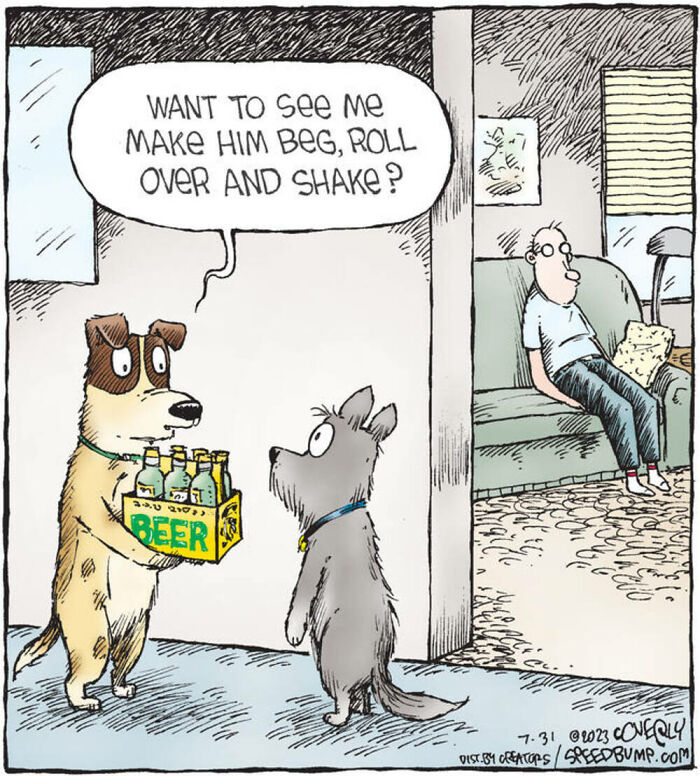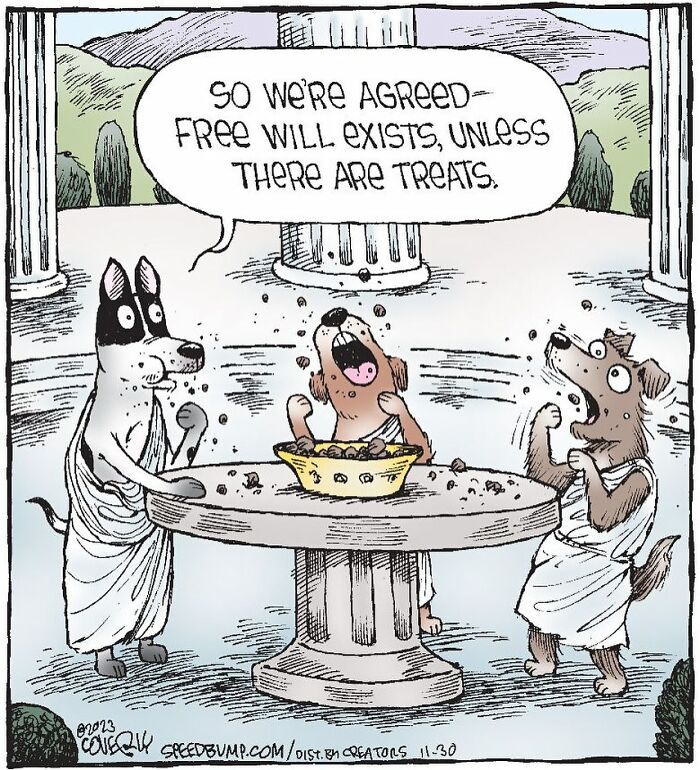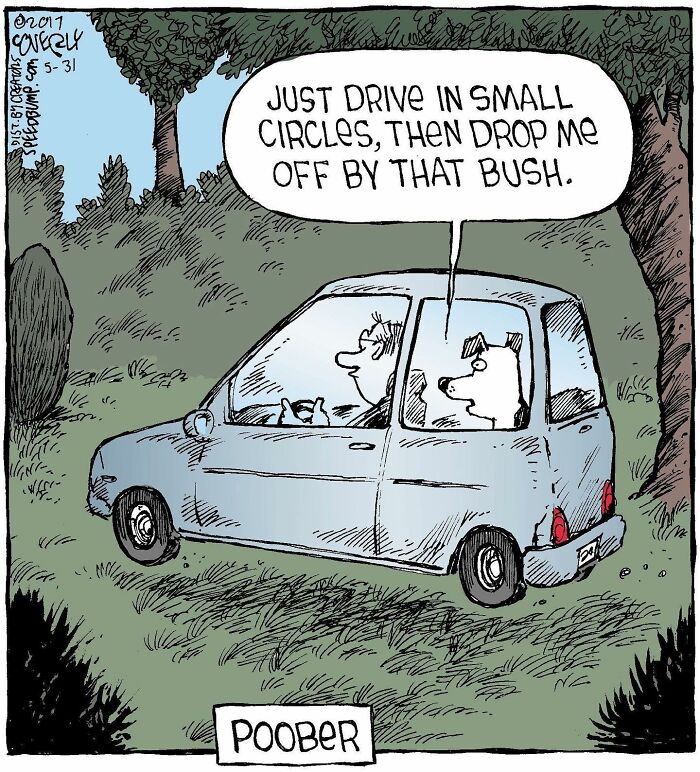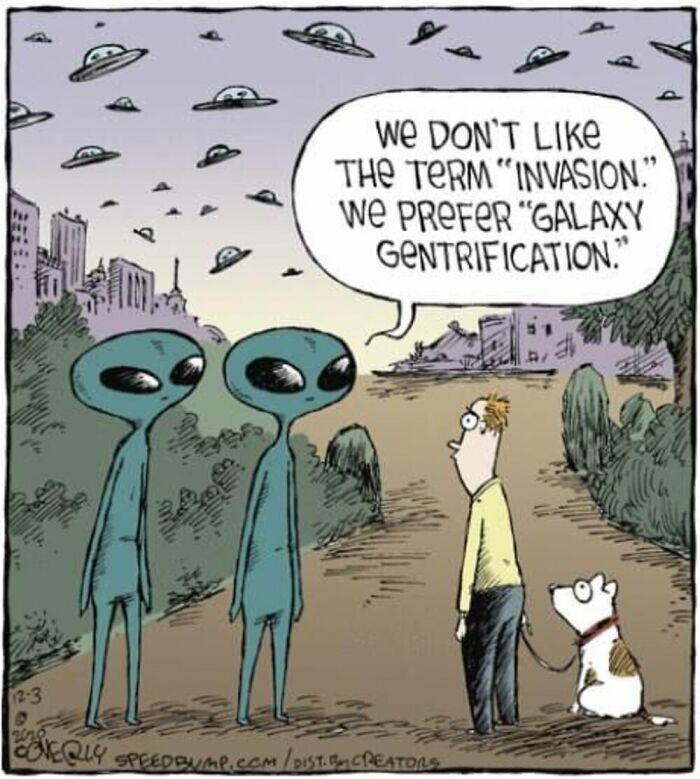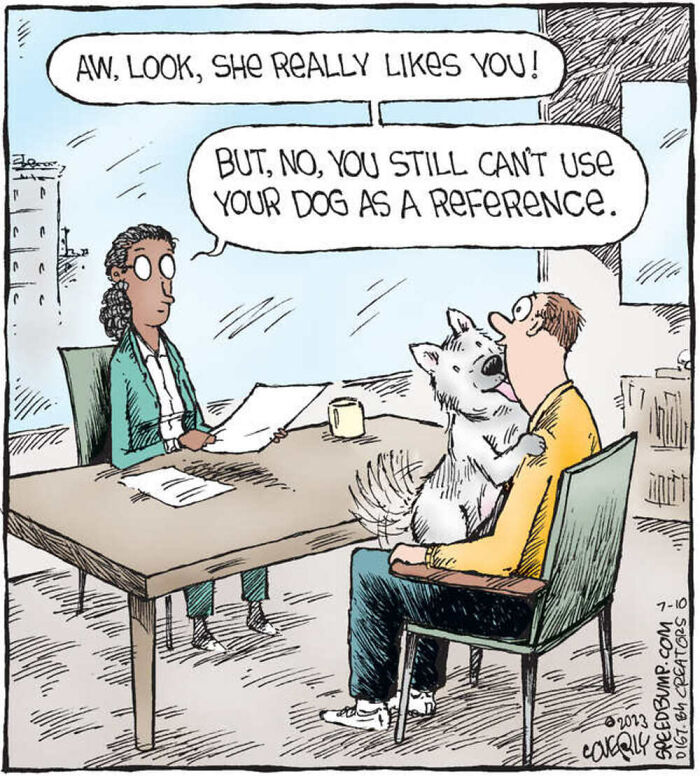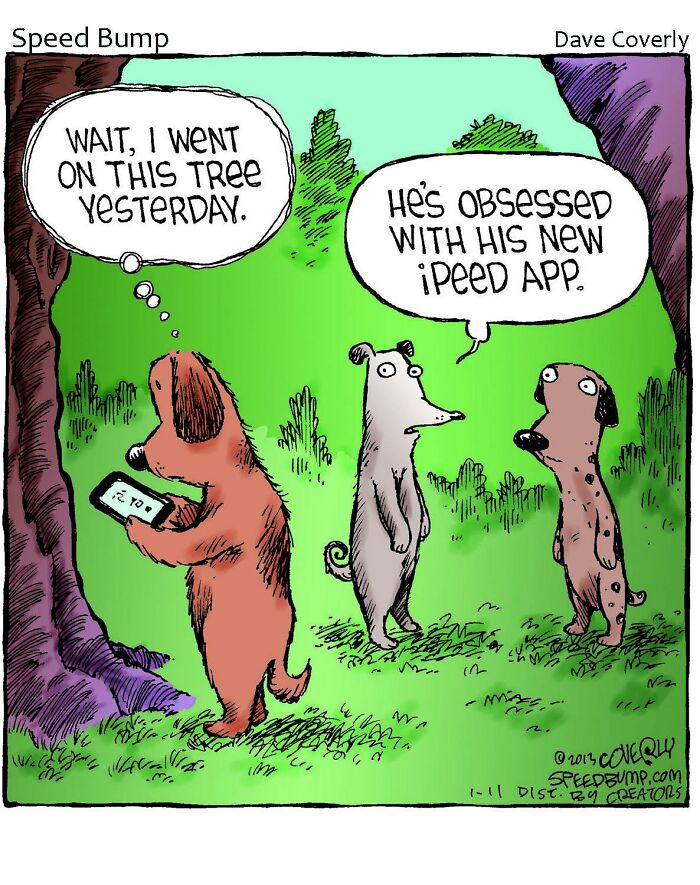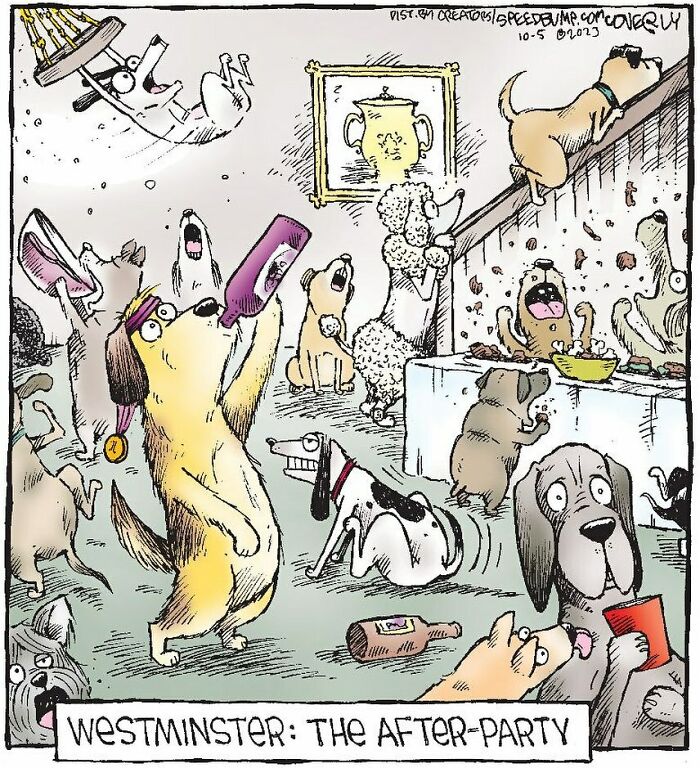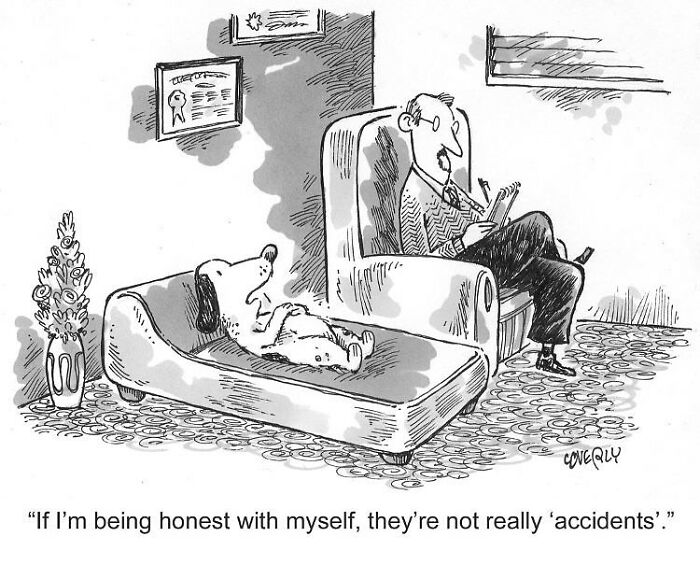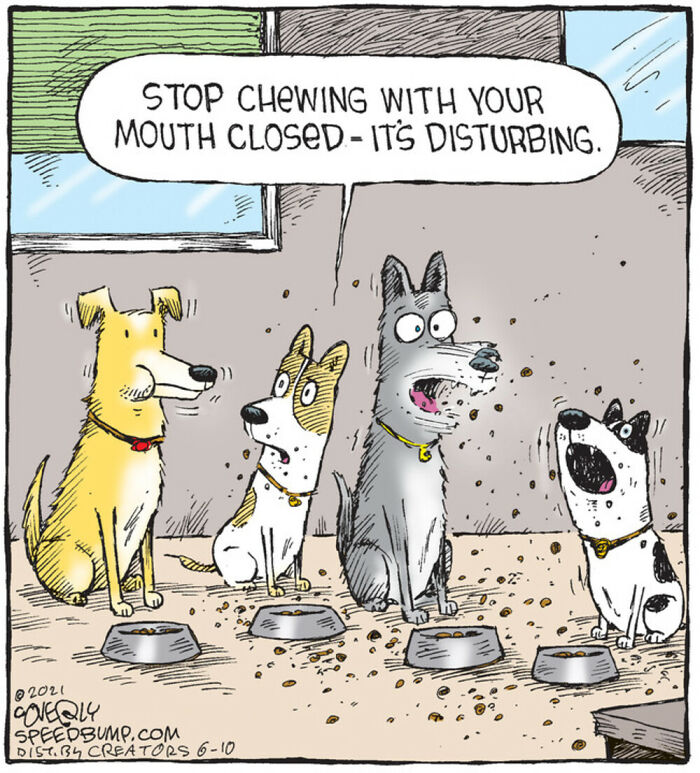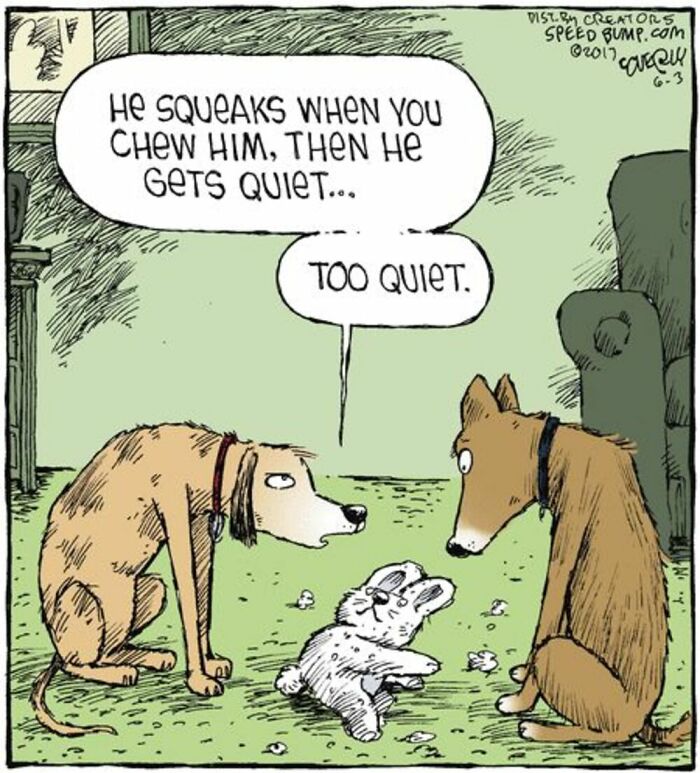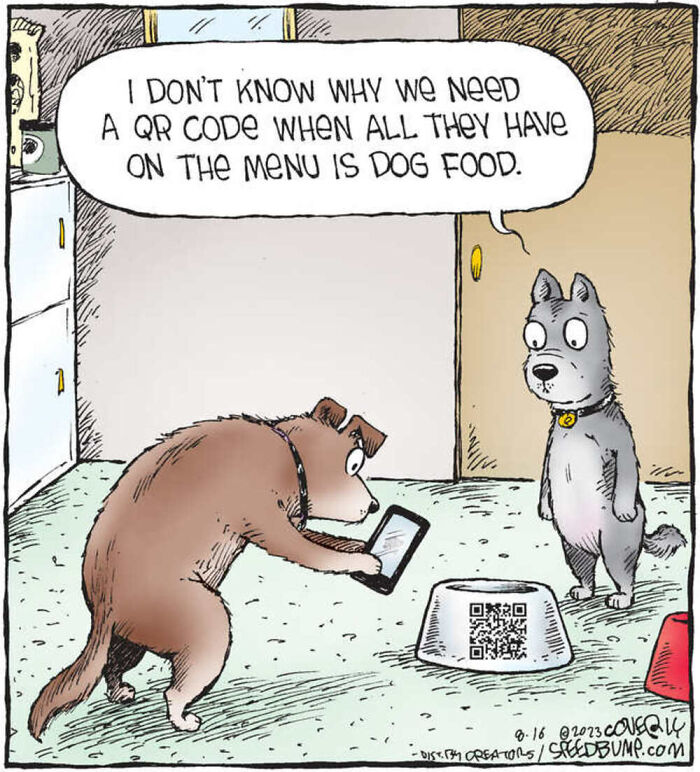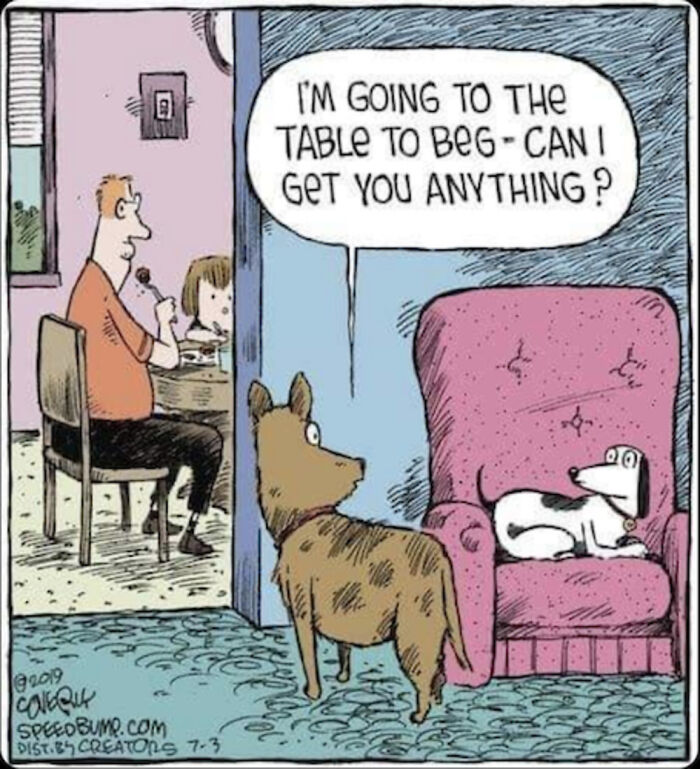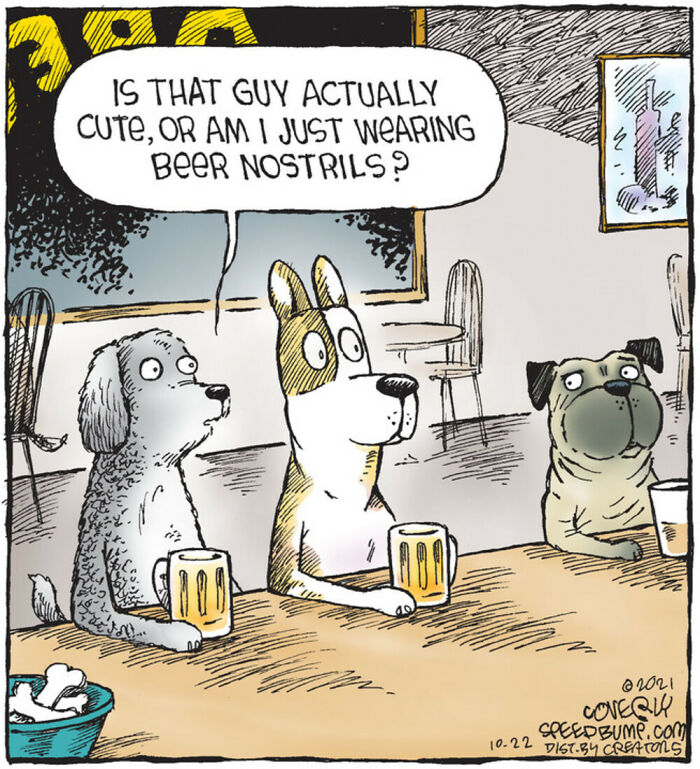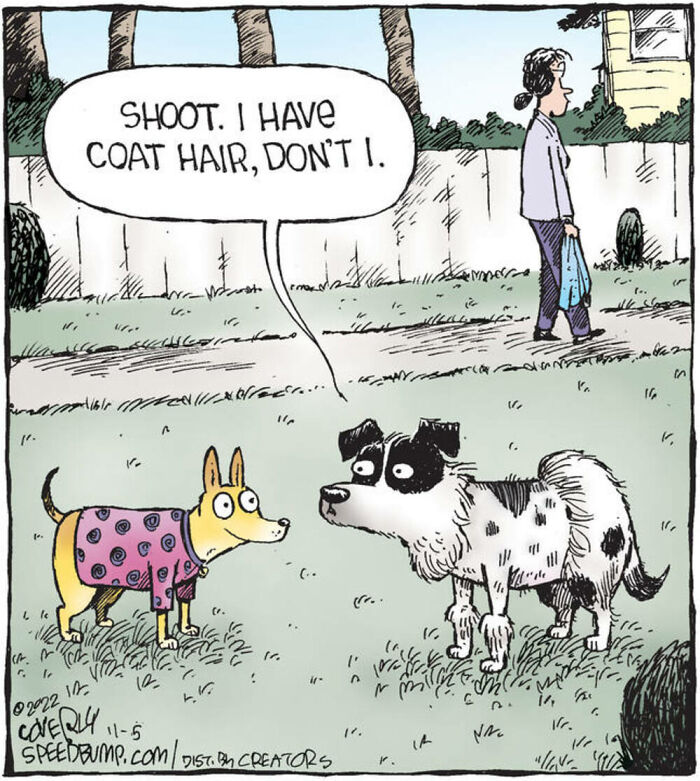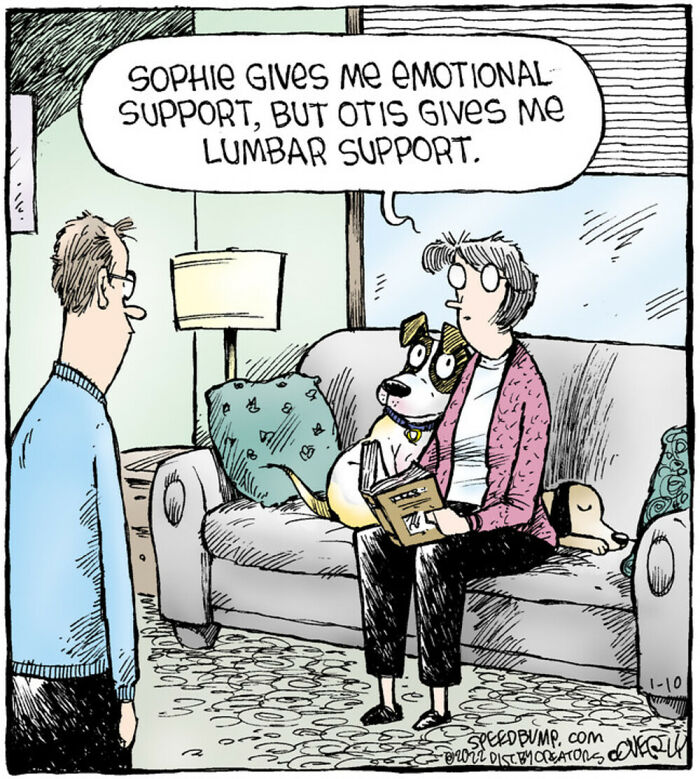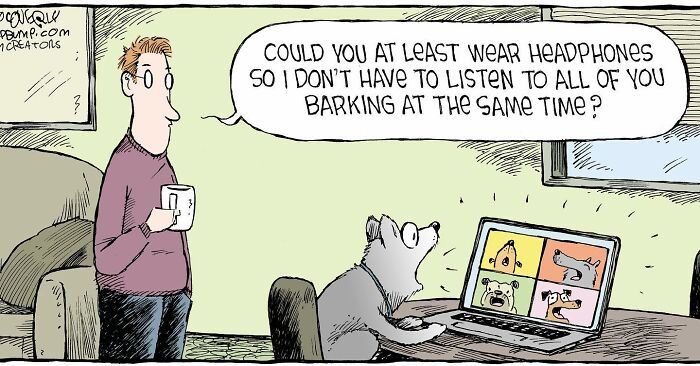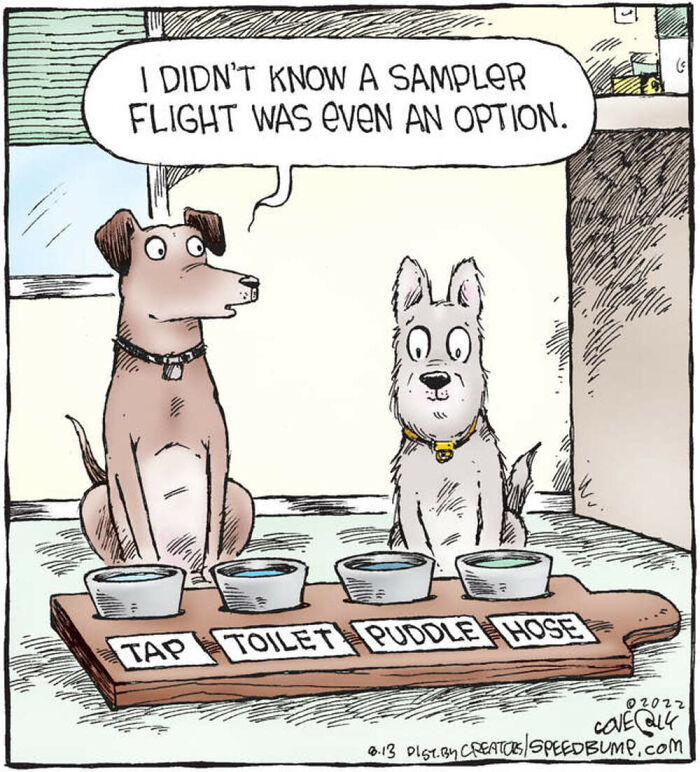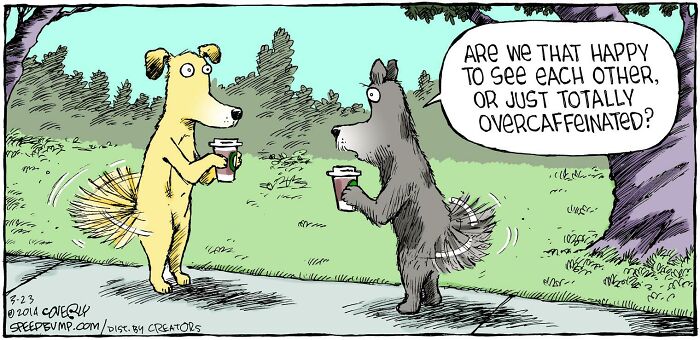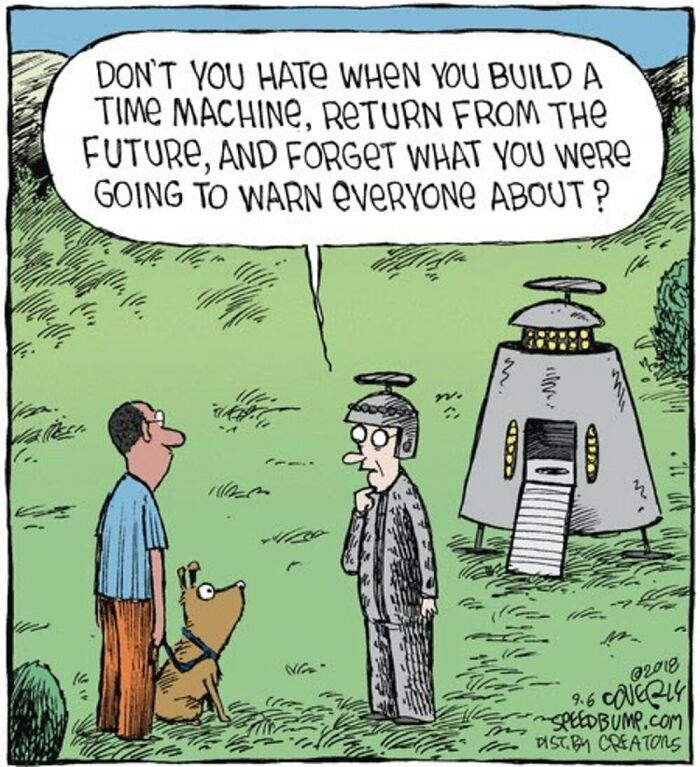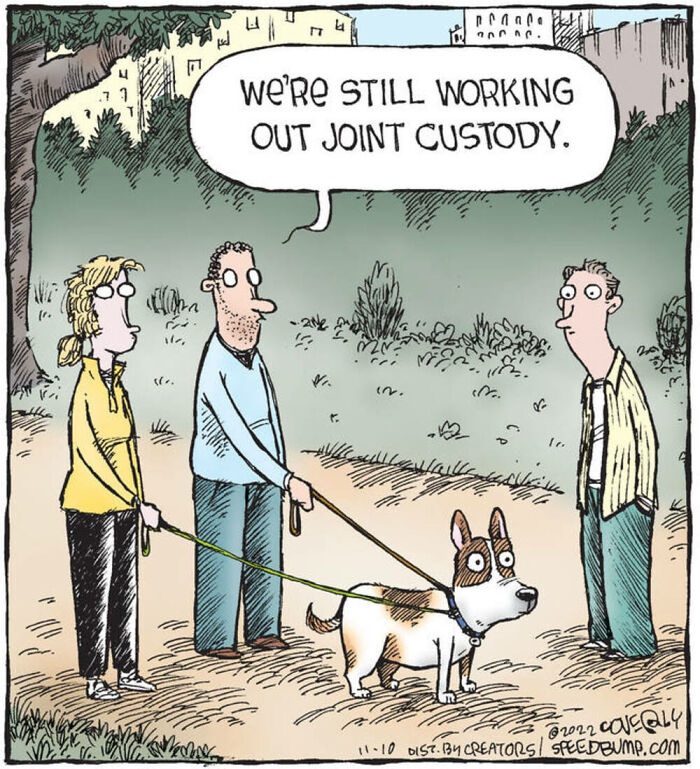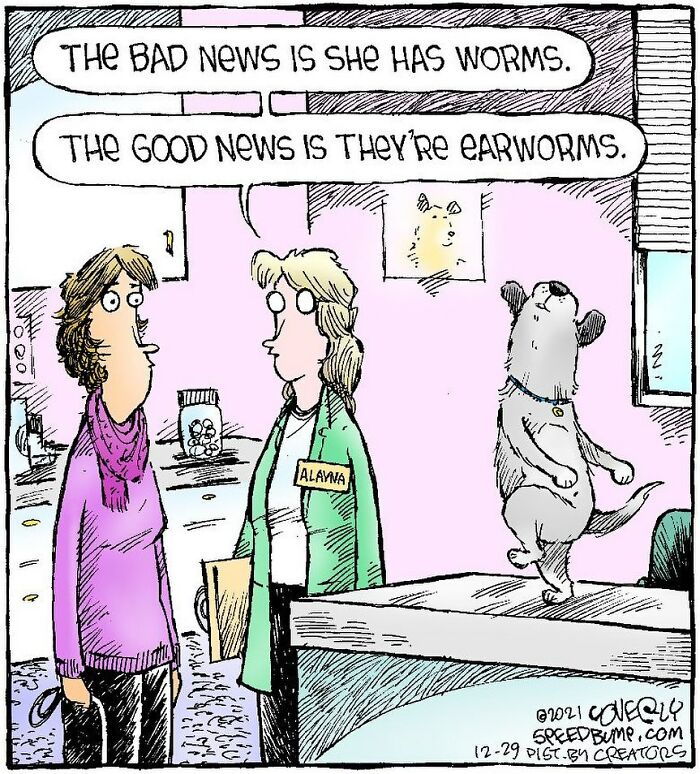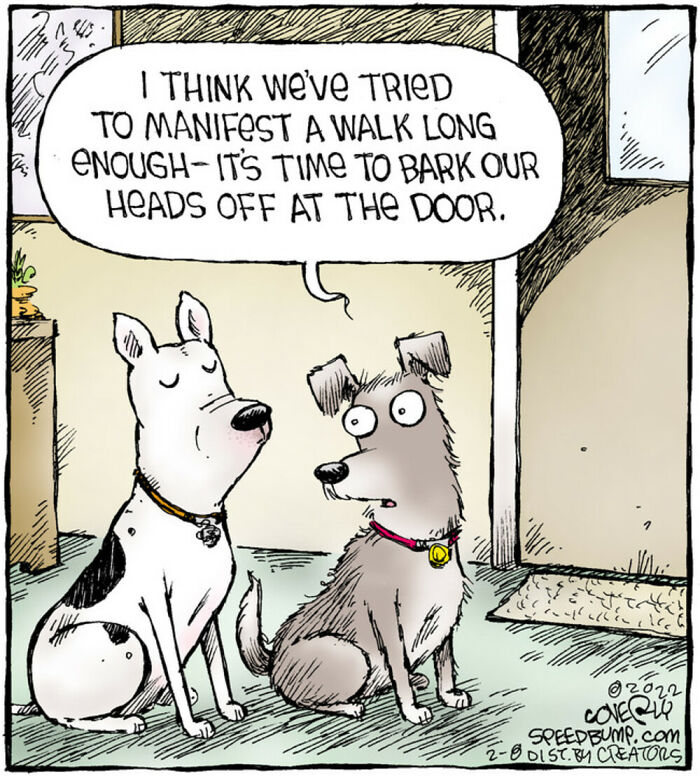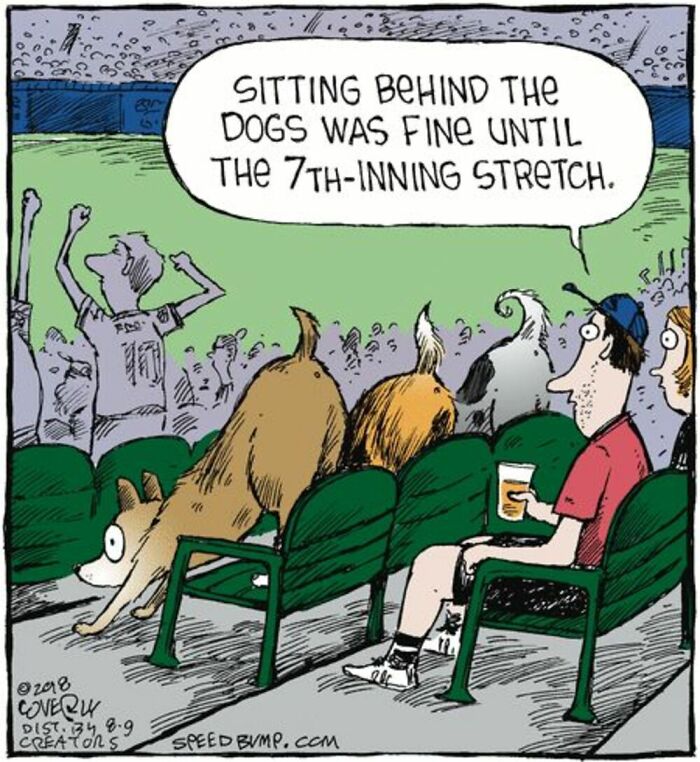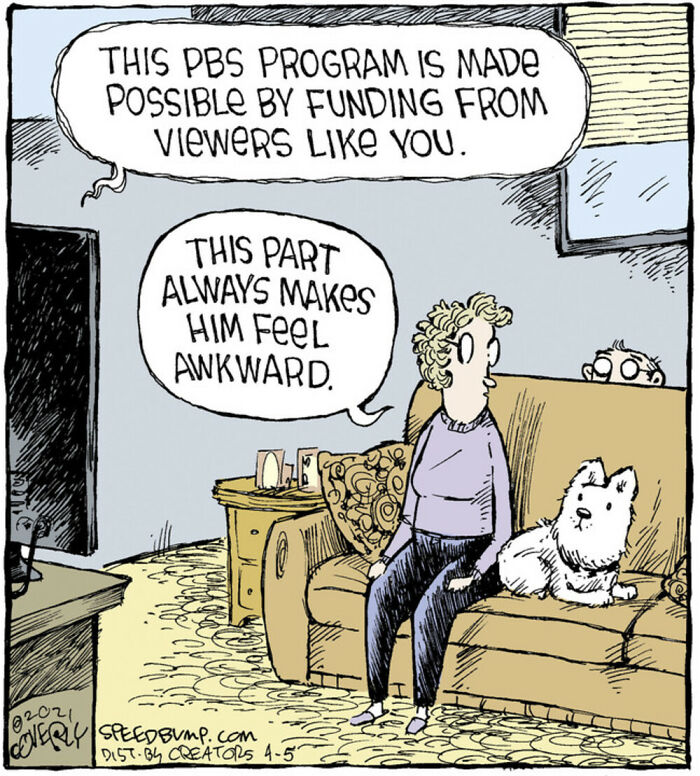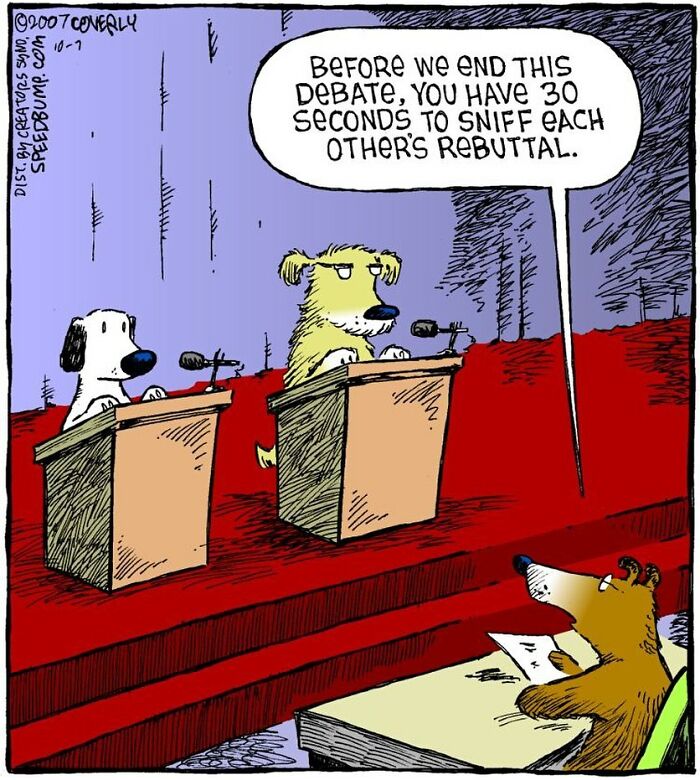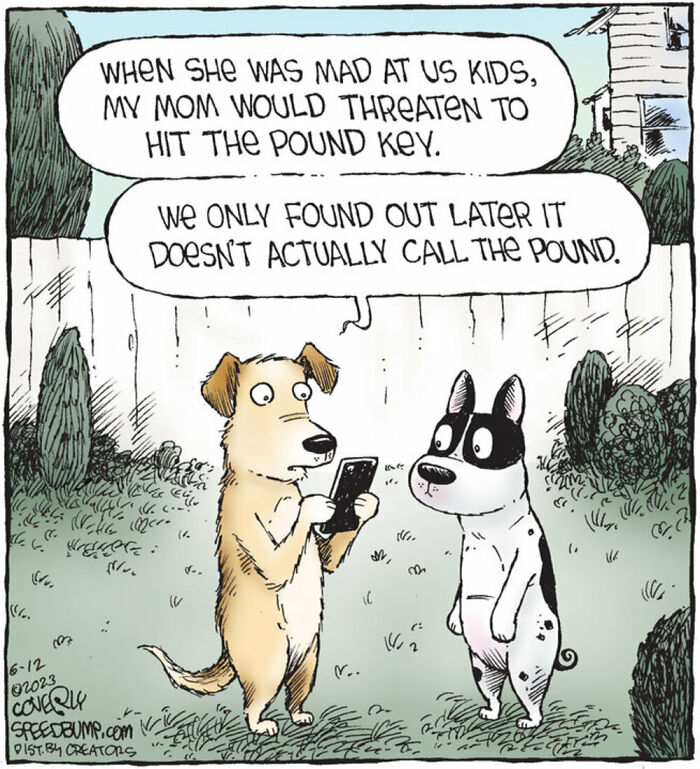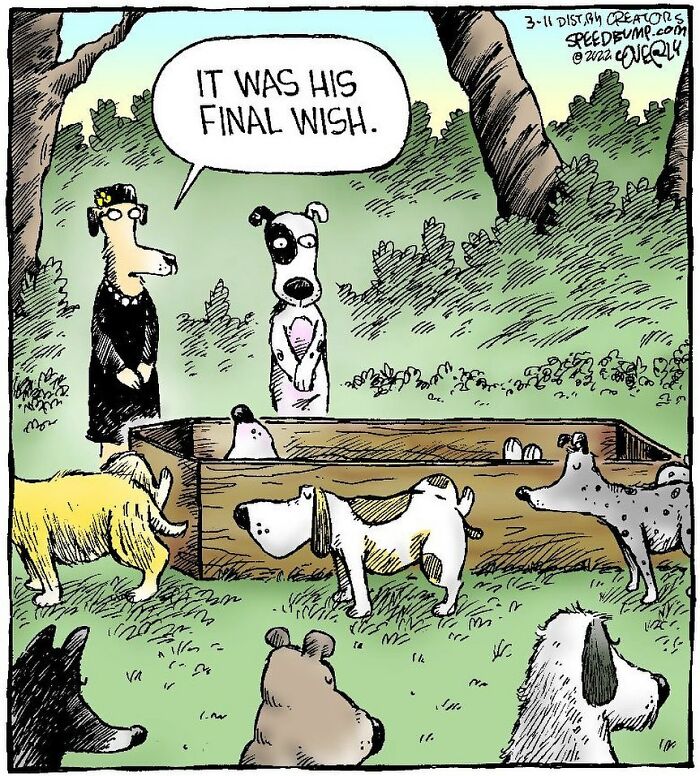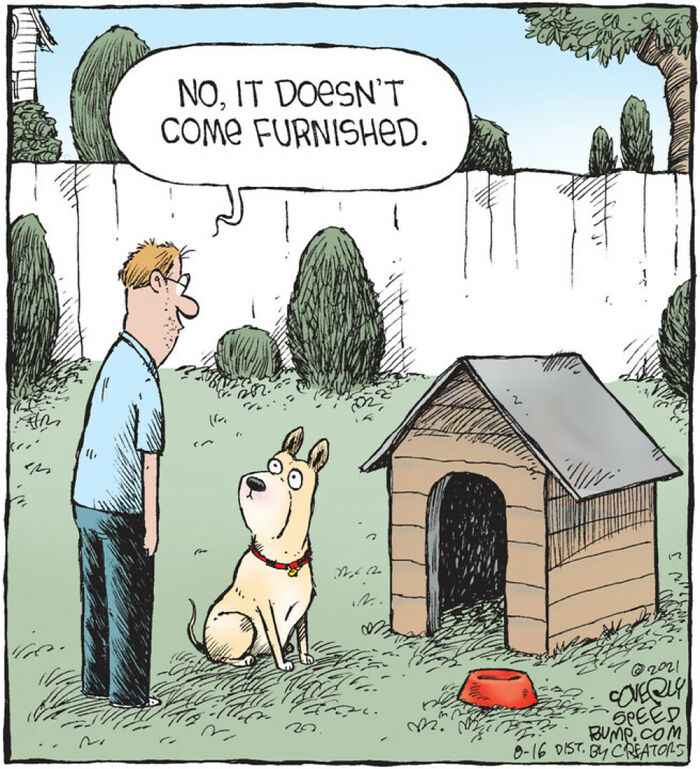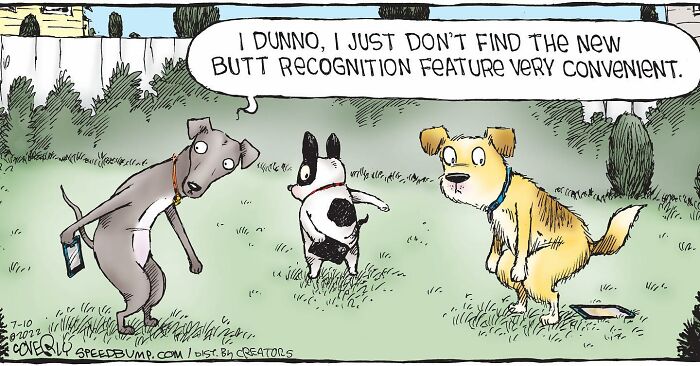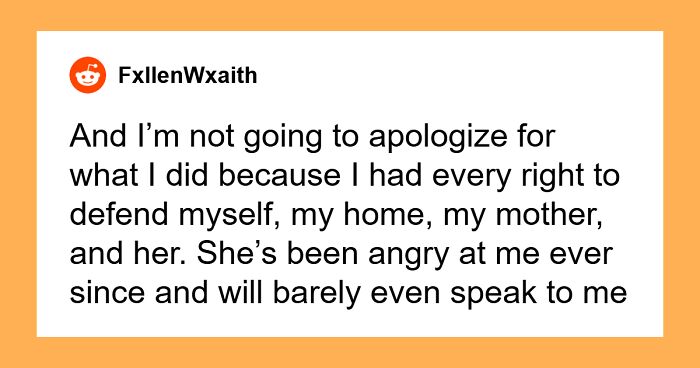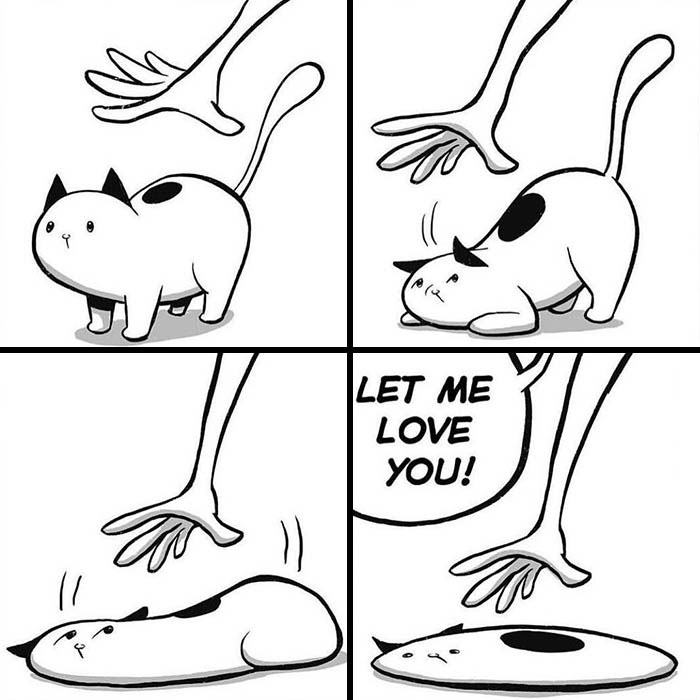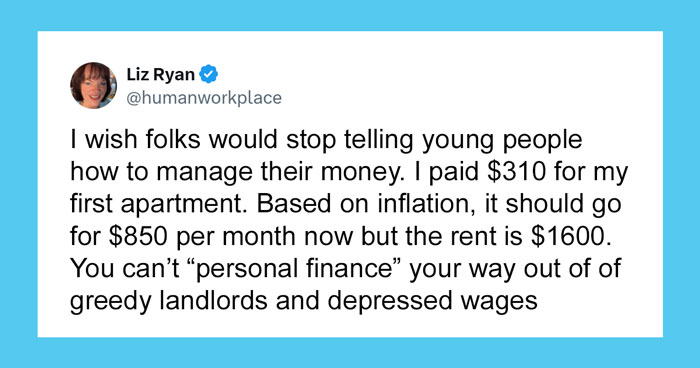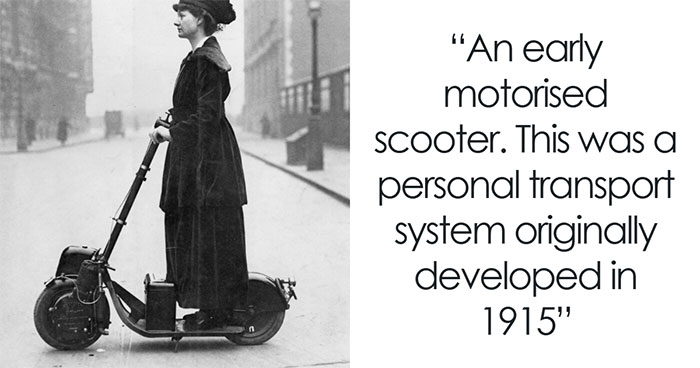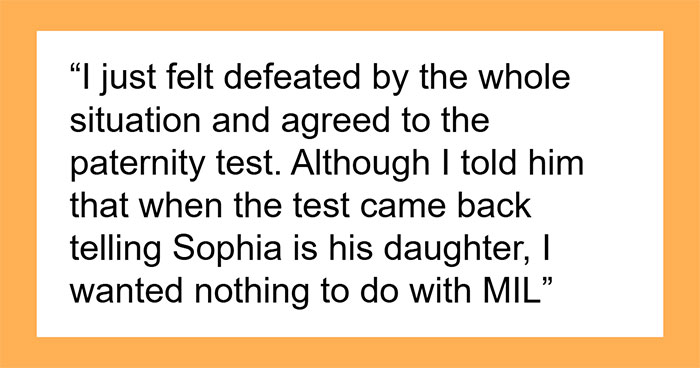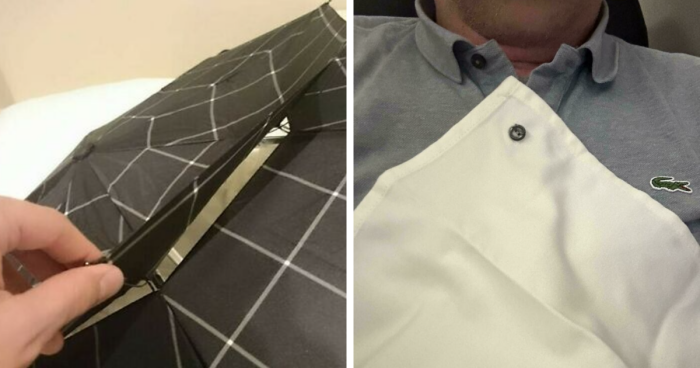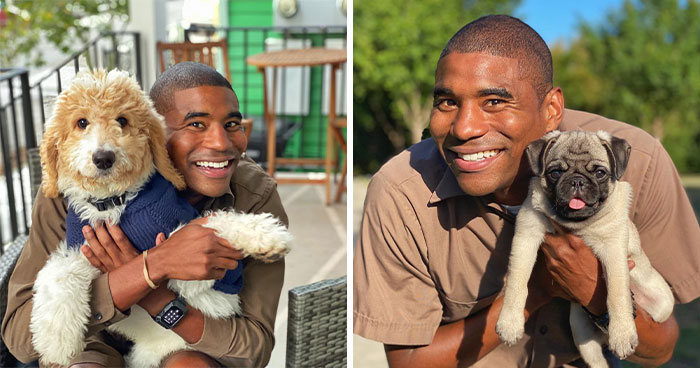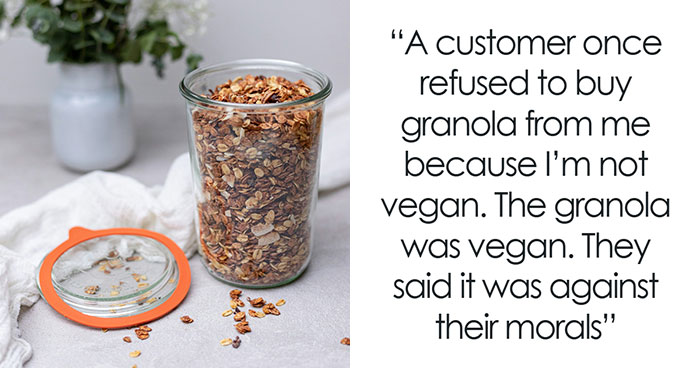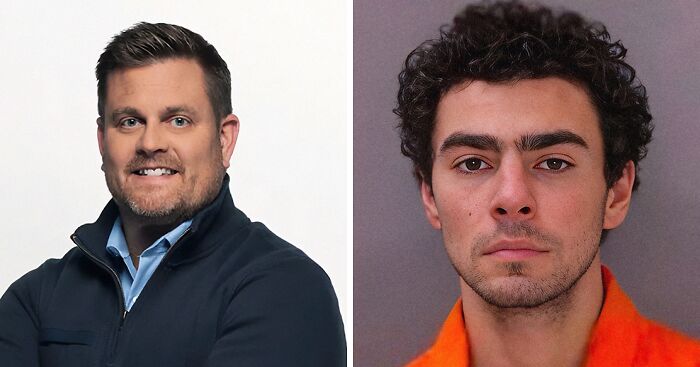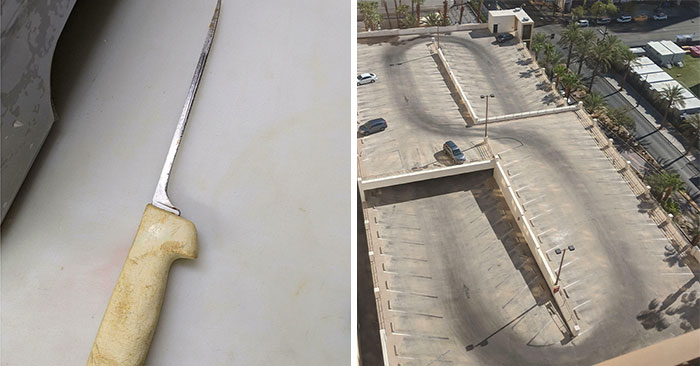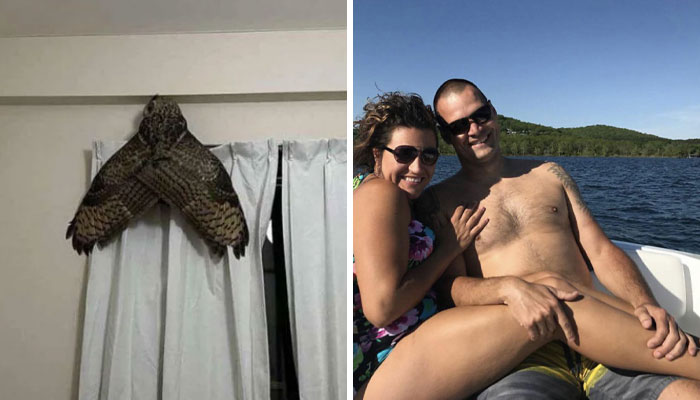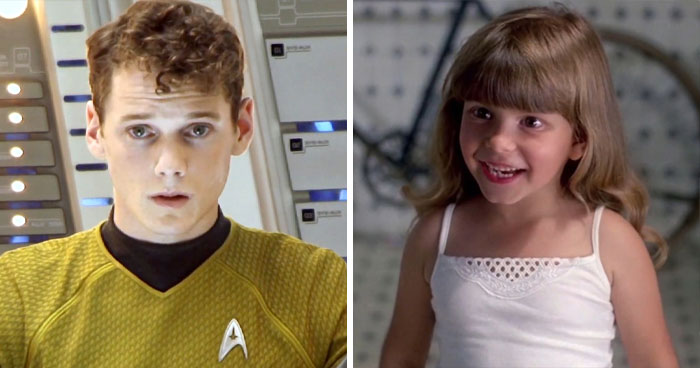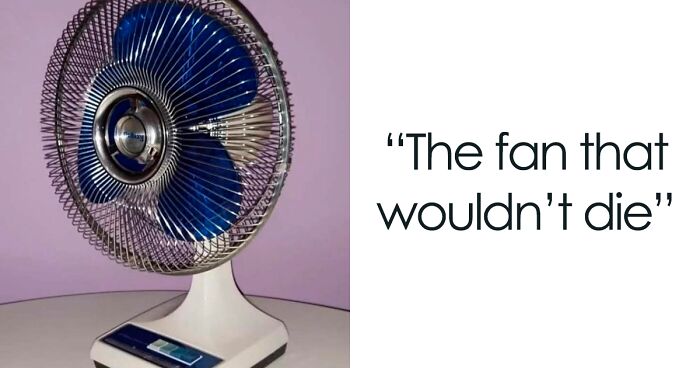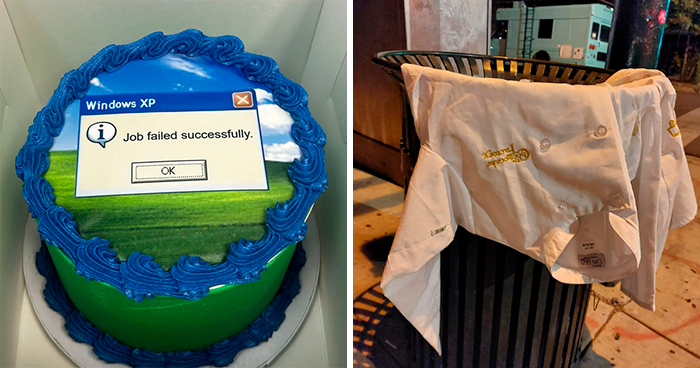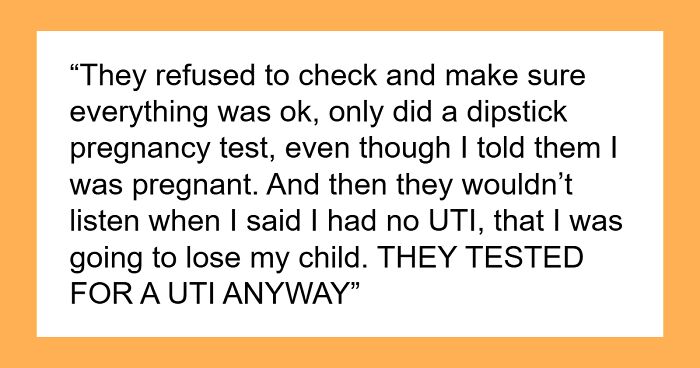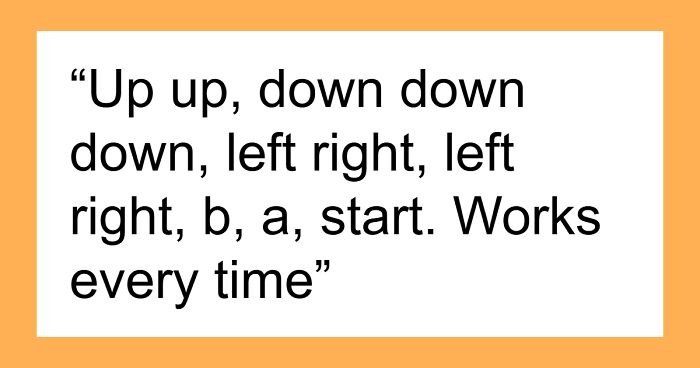
44Kviews
Dave Coverly’s ‘Speed Bump’: 30 Comics Featuring Everyday Humor And Hilarious Animals (New Pics)
Interview With ArtistDave Coverly, the cartoonist behind the comic strip "Speed Bump," delves into the humor and peculiarities of people, popular culture, and most importantly, the animal kingdom. Dave's single-panel cartoons are sharp, clever, and full of insightful commentary.
In a previous interview, this awarded cartoonist shared where he gets his inspiration for comics: "The two most important things to me are: the ideas should try to be relevant to the experiences we all have in common, and the ideas should be *about* something. I do make jokes sometimes just for a joke's sake, but the cartoons that really excite me are the ones that are both humorous and have something to say. I think the relevance and the thoughtfulness in a successful panel are what make certain cartoons more relatable. As Mark Twain said, 'There's a kernel of truth in every jest,' and I think that's so good to keep in mind when writing observational humor."
So, without further ado, let's see what Dave has cooked up since our last post.
More info: Instagram | speedbump.com | nobleworkscards.com | woodmansterne.com | calendars.com | calendars.com
This post may include affiliate links.
Bored Panda once again reached out to Dave, who kindly answered our follow-up questions.
First of all, we asked Dave to share how his approach to creating cartoons evolved.
Dave answered: “This is a brilliant question to lead with because the evolution of my approach to creating cartoons is a big part of why the evolution of my style and my themes has changed. When I first began 30 years ago, I was still working out how to make my work unique and not just some amalgamation of all the cartoonists who influenced me. I would see *their* style in my head because I hadn't worked out my own and the only thing that can fix that is time and putting in the hours."
"One of the best pieces of advice I ever received was from the genius cartoonist Jim Borgman, who told me to stop looking at anyone else's work for six months and find out what kind of cartoons *I* would draw. That was so difficult and so rewarding. Artistically, I naturally evolved into a drawing style that eventually became my own based on trial and error. I'd draw something I didn't mean to draw and think, 'Oh, wait, I like that look,' and then I'd keep it.
The errors eventually piled up into a style, haha. From a writing standpoint, I did jokes that were far more about wordplay in the beginning, but it slowly dawned on me that the cartoons I'd done that I liked best were *about* something. They got at something relatable, something human, and something shared. So my writing evolved to meet that higher standard. Of course, I don't always reach that standard, and will regularly settle for a dog sniffing a butt joke, but hey, you gotta have goals…”
Previously, Dave wrote that he gets inspiration from lots and lots of reading. Therefore, we wanted to know if there are any other activities or experiences that significantly influence the artist's creative process besides reading.
Dave responded: “Another excellent question because reading is definitely one way of keeping humor fresh and, more importantly, relevant. To that end, social media is quite helpful, though I don't really love it and sometimes resent the time it takes to cut away the fat to get to the meat (a poor analogy coming from a vegetarian, I know, but 'cut away the broccoli stalks to get to the crown' doesn't quite flow as well).
Single-panel humor is very observational, so knowing not only what people are talking about but what they're *caring* about is essential. The best cartoons contain a flash of recognition, either of ourselves or those we know, and the only way to do that is to pay attention. I might not always be writing jokes, but I'm always trying to pay attention, and then I trust that those observations are in my brain so when I sit down on the couch in my attic studio I know they'll percolate up in some fashion and then maybe I can blend a few of them together to make a new joke.
Also, this sounds so simplistic, but you know what really helps? Just listening. Fortunately, I'm more of a listener than a talker, which is probably best for everyone!”
Dave also shared his most memorable feedback received from a reader: “Oh, boy, most memorable feedback is a two-prong answer.
Superficially, I've received some really great emails from famous actors and writers and directors that blew me away, which is really fun because you never know who's seeing your work. But the most impactful were a couple of emails that reminded me there are real people with things going on in their lives that are difficult and my job is simply to lighten that load for a few seconds. Cartoons don't fix anything but perhaps they can be a quick gulp of air when someone struggling breaks the surface.
I did a cartoon once that showed a man in heaven walking his dog, but the leash is attached to the dog's halo - it's a simple pantomime cartoon with no words - and a few days after it ran a woman wrote to tell me her husband had passed away six months prior and their dog had passed just the previous week. She said the thought of her husband walking their dog in heaven moved her to tears. It was beyond touching to me. And it also reminded me to take care with my humor, which was reinforced sometime later when another person wrote to say she loved my cartoons because they were 'gentle.'
I love all kinds of humor, but I do try to be a bit gentle because the world is full of hurting people. Why not be a gulp of air?”
In regards to the future, Dave revealed his upcoming projects and other artistic endeavors.
“Speed Bump has led to a number of different and upcoming projects, and it's been fun to see the cartoons appear in different formats. Currently, they appear on hundreds of greeting cards published by NobleWorks and RSVP in the US/internationally and Woodmansterne in the UK, and my dog cartoons have been made into page-a-day calendars by Sellers for years.
Most surprisingly, though, I'm expanding one of my cartoons into an entire children's book for Little, Brown this year. Not surprisingly, it's about dogs. I probably do 2-3 dog cartoons every week because, well, dogs are the best. I was even the cartoonist for BarkBox for years, so I've drawn a few thousand mutts,” wrote Dave.
And lastly, Dave added: “There are a couple of things I'd like anyone reading this to know! First, cartoonists love feedback. Seriously, even if it's not entirely positive. If you feel like getting in touch, do it - I've had so many lovely interactions over the years and *always* reply to emails or messages.
I think the main purpose of art isn't the act of creating - that's second and more about the artist - it's the act of connecting. It's a conversation. It's me saying, 'I think this situation is funny because there's an element of truth to it, do you?' It's genuinely a two-way street.
Also, if you're on social media, do share work you enjoy, and please tag the artist as that's how we find more viewers. And if you see a cartoon with the signature erased, please don't share it because that means someone else who didn't want to put in the work is trying to take credit for a cartoon they didn't create.
Big thanks to all of you who even just leave a little happy face in the comments, we appreciate you more than you know.”
well its gotta makes it way down thru that twisty intestinal track somehow right?
You know, it might not be a bad idea to ask "Do you have any pets?" on interviews.
Our dogs would beg. Often dinner would be a big salad. Offer them lettuce, they'd take it, chew on it, spit it out, give us what appeared to be a disbelieving & dirty look, then beg again. More lettuce...repeat. Eventually they'd give up, sure that we weren't really eating that stuff.
These were pretty darn cute. Some of them remind me of the absurd humour you find in the NewYorker magazine comics.
These were pretty darn cute. Some of them remind me of the absurd humour you find in the NewYorker magazine comics.

 Dark Mode
Dark Mode 

 No fees, cancel anytime
No fees, cancel anytime 


